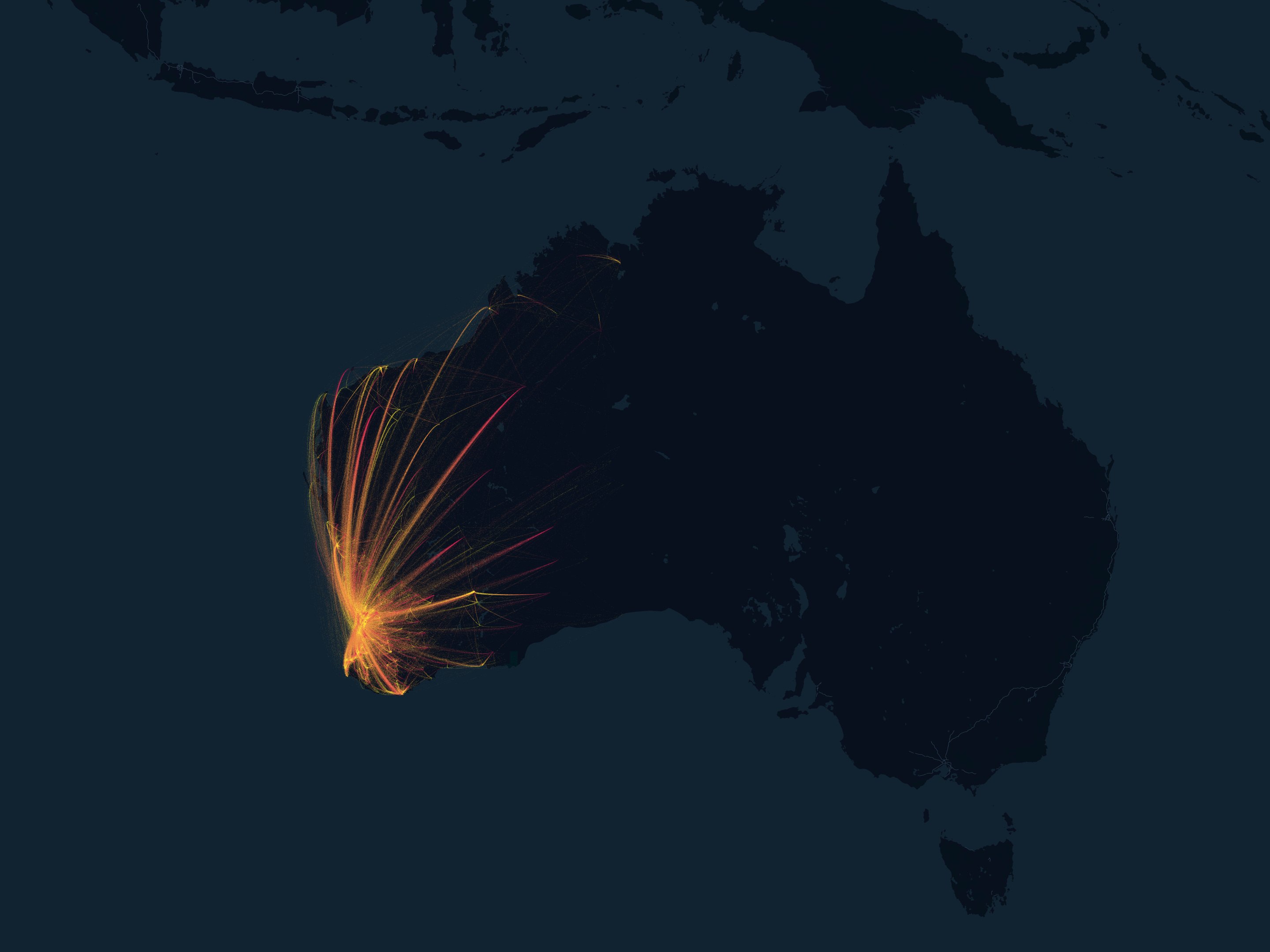Search


Research
Modelling the COVID pandemic with the Geographical COVID-19 Model (GEO-COV)Researchers have developed a new model for simulating covid-19 outbreaks in Western Australia.


Research
Modelling the COVID pandemic with the Geographical COVID-19 Model (GEO-COV)Researchers have developed a new model for simulating covid-19 outbreaks in Western Australia.